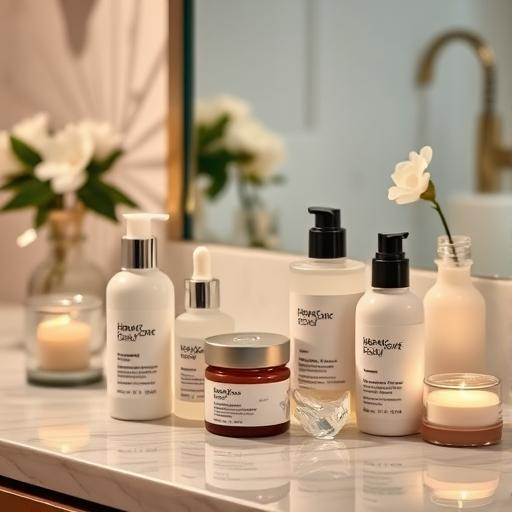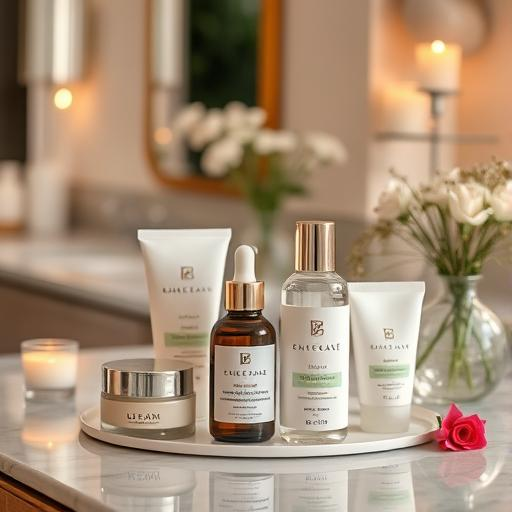
The Science of Skin Fasting: Can Skipping Skincare Actually Strengthen Your Barrier?
In a world where 10-step routines reign supreme, a counterintuitive trend is gaining traction: skin fasting. The idea? Temporarily ditching your serums, moisturizers, and actives to let your skin “reset.” But does this minimalist approach actually improve your skin’s natural barrier—or is it just another wellness fad? Let’s dive into the science.
What Is Skin Fasting?
Skin fasting is the practice of taking a break from your usual skincare products—sometimes for a few days, sometimes weeks—to allow your skin to recalibrate. Advocates claim it reduces dependency on products, balances oil production, and strengthens the skin’s natural moisture barrier.
The Theory Behind the Trend
The logic is simple: if you constantly bombard your skin with actives (like retinoids, acids, or heavy creams), it might “forget” how to self-regulate. Proponents argue that stripping back products forces your skin to produce its own oils and hydration, leading to a healthier, more resilient barrier over time.
What Does Science Say?
While research on skin fasting is limited, dermatologists acknowledge some merit in simplifying routines—especially for those with sensitive or over-treated skin. Here’s what we know:
- Barrier Repair: Overuse of harsh actives can compromise the skin’s lipid barrier. A break may help repair it.
- Oil Production: For some, constant moisturizing can signal the skin to produce less oil. A temporary pause might rebalance sebum levels.
- Product Sensitivity: Skipping products can help identify irritants if you’re dealing with unexplained redness or breakouts.
However, complete fasting (no moisturizer, no sunscreen) isn’t recommended—hydration and UV protection are non-negotiable for healthy skin.
Who Might Benefit from Skin Fasting?
This approach isn’t for everyone, but it could help:
- Over-exfoliators: If your skin is red, flaky, or reactive, a break from acids/retinoids may calm inflammation.
- Product junkies: If your routine is packed with serums and creams, simplifying could reveal what your skin truly needs.
- Oily/acne-prone skin: Some find that “training” their skin to produce less oil reduces breakouts.
How to Try Skin Fasting Safely
If you’re curious, here’s how to experiment without harming your skin:
- Start slow: Skip just one product (e.g., night cream) for a few days.
- Keep essentials: Never cut out sunscreen or a basic moisturizer if your skin feels dry.
- Listen to your skin: If it feels tight or irritated, reintroduce hydration.
- Patch-test: When resuming products, add them back one at a time to spot sensitivities.
The Bottom Line
Skin fasting isn’t a miracle cure, but a simplified routine can help some people reset their skin’s balance. Think of it as a “detox” for overworked complexions—not a long-term solution. Always prioritize hydration and sun protection, and consult a dermatologist if you’re unsure.
Final tip: If your skin thrives on minimalism, embrace it! But if your barrier is compromised (think: dryness, eczema), focus on gentle, nourishing products instead of deprivation.
“`
RELATED POSTS
View all


